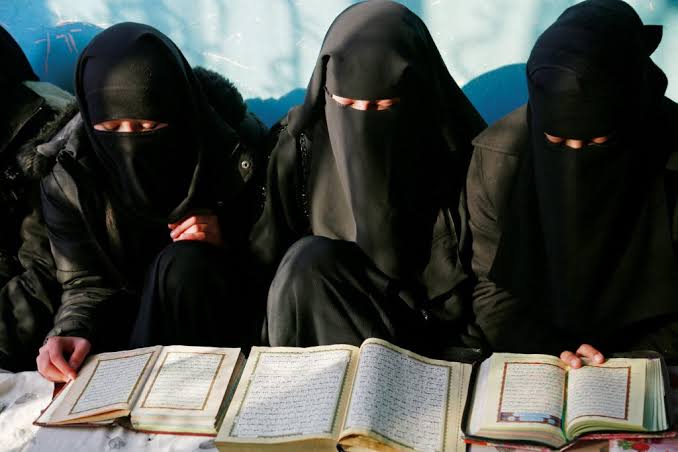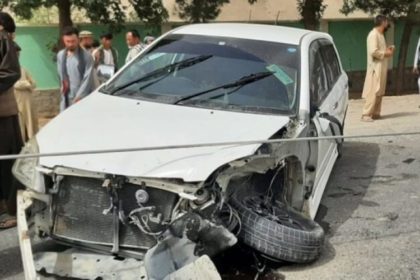RASC News Agency: In the recent December Doha summit, a critical discourse emerged regarding the Taliban’s stance on education in Afghanistan, particularly for women and girls. It emphasized that normalizing the Taliban’s regime would pose challenges, even if they were to revoke the ban on secondary education for girls—a major human rights violation. Acknowledging international diplomacy as a nuanced process, not a mere checkbox exercise, was underscored. However, some have presented the illogical argument that permitting girls in religious schools as an alternative to formal education in conventional schools and universities would suffice for the Taliban to gain international acceptance.
In Afghanistan, the term “school” is used for religious institutions, historically centered on religious studies, encompassing the Quran and Islamic law. Since the resurgence of the Taliban, educational institutions have placed significant emphasis on religious education. In April 2022, Norullah Munir, the head of the Taliban’s Ministry of Education, unveiled plans to establish ten new schools in each province nationwide. He articulated that religious sciences should be more ingrained in Afghanistani society, advocating that school educators should instill “Islamic beliefs” in their students.
Since the Taliban’s control over Afghanistan, 15,000 schools have been established, employing a minimum of 100,000 educators in these religious institutions. According to statistics presented by the Taliban’s Deputy Minister of Education in 2023, the total student enrollment nationwide is 339,950, including 95,662 girls. Currently, the Taliban is strategizing an expansive network of schools across all 34 provinces. Some reports suggest the development of specialized “cloud” schools focusing on jihad and defending the Taliban regime.
Rangina Hamidi, Afghanistan’s former Minister of Education, sparked controversy at a November Istanbul summit, asserting that the global community should engage more with the Taliban, while grappling with the educational limitations, particularly the use of schools as an alternative pathway. Rosa Otunbayeva, the UN special envoy, informed the UN Security Council that she is accumulating more evidence supporting the claim that girls can attend Islamic religious schools traditionally reserved for boys in Afghanistan.
The contemplation of a school surviving as an alternative to modern education is not just astonishing but deeply concerning. Managing modern institutions necessitates a contemporary educational framework that conventional schools cannot provide. Pursuing careers in hospital administration, business launch, teaching, piloting an aircraft, or even driving a motor vehicle with only school education is impractical. This educational approach undermines the empowerment of girls and women with essential skills for active participation in the economy. Essentially, it poses a serious threat to progress and prosperity.
In a UN survey involving women from 22 out of 34 provinces in Afghanistan, Afghanistani women express, “Access to education remains a top priority since August 2021. While vital for the lives of women and girls and has improved women’s rights and economic conditions, secondary education has been overlooked.” It is crucial to note that jeopardizing modern values implies risking the future of Afghanistan and the global community. Any discourse on Afghanistan necessitates a diverse array of perspectives.






